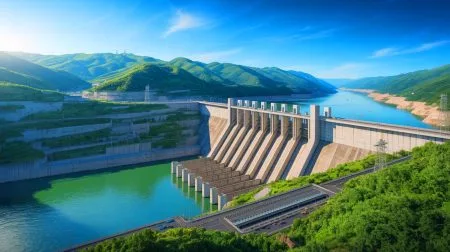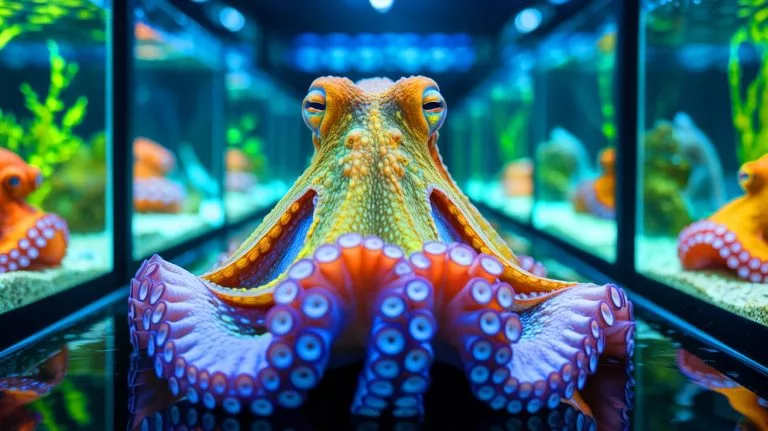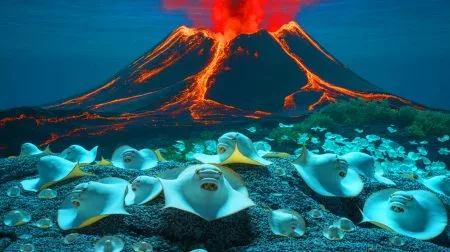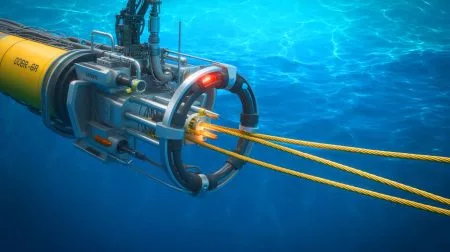| IN A NUTSHELL |
|
In recent years, the proposal to establish the world’s first commercial octopus farm has stirred significant debate across various sectors. Spearheaded by Spanish seafood company Nueva Pescanova, this initiative seeks to counteract the dwindling populations of wild octopuses through aquaculture. However, given the intelligence and sentience of octopuses, the ethical ramifications of farming them have sparked a heated discussion. This article explores the intellectual capabilities of octopuses, the ethical concerns surrounding their farming, the global response, and the broader scientific and environmental implications of this controversial endeavor.
The Intellectual Marvels of Octopuses
Octopuses are often heralded as one of the most intelligent forms of marine life, a claim supported by their unique neurological structure. With approximately 500 million neurons, octopuses boast cognitive abilities comparable to certain mammals. Notably, a significant portion of these neurons is distributed throughout their arms, allowing for autonomous functionality. This extraordinary setup enables octopuses to engage in complex problem-solving tasks, such as opening jars or escaping enclosures, showcasing their dexterity and intelligence.
Documented cases, like that of Otto, an octopus in Germany who managed to short-circuit a power source by squirting water, highlight their capability to manipulate their environment purposefully. Such behaviors underscore a level of cognitive sophistication that challenges traditional views of marine life. These insights raise critical questions about the appropriateness of farming such intelligent beings, amplifying the ethical debate surrounding the practice.
Ethical Concerns and Animal Welfare
The ethical debate over octopus farming largely hinges on the creatures’ demonstrated sentience. A comprehensive study by the London School of Economics established that octopuses are capable of experiencing both pleasure and pain. This finding led to their inclusion in the UK’s Animal Welfare (Sentience) Act, marking a significant legal acknowledgment of their sentience. This distinction has heightened scrutiny over the treatment of octopuses within proposed farming operations.
Nueva Pescanova’s farming methods, particularly the use of densely packed tanks and the practice of submerging octopuses in ice slurry for killing, have drawn widespread condemnation. Critics argue that these conditions induce stress, aggression, and suffering, contradicting established welfare standards for intelligent creatures. Neuroscientists have criticized these practices, emphasizing that they inflict unnecessary pain on beings capable of advanced cognition, thus igniting fierce ethical debates.
The Global Backlash and Legislative Actions
The proposal for octopus farming has met with considerable opposition worldwide. In the United States, legislative measures have been introduced to ban octopus farming, driven by both ethical and economic concerns. The OCTOPUS Act, put forward by U.S. Senators, aims to prohibit the practice nationwide and restrict imports of farmed octopus, highlighting the government’s increasing acknowledgment of octopuses as intelligent and sentient creatures.
Internationally, opposition to octopus farming is gaining momentum. Public protests in cities like Madrid reflect a growing awareness and resistance to what many perceive as a new frontier of animal cruelty. In the European Union, pressure mounts to prevent the establishment of the proposed Spanish facility, as the awareness of octopus intelligence prompts calls for ethical re-evaluation. This global backlash underscores a shifting paradigm in our treatment of intelligent marine life, driven by both moral considerations and public sentiment.
Designing the Future: XR Visionary Xianghan Wang Joins the Jury of the 2025 Spark Awards
Scientific and Environmental Implications
While proponents argue that octopus farming could relieve pressures on wild populations, the environmental and scientific consequences are contentious. Octopuses are carnivorous, requiring a substantial supply of fish for their diet, which raises sustainability concerns. Critics contend that farming predatory species like octopuses could further deplete already stressed fish stocks, undermining conservation efforts.
From a scientific perspective, the practice of farming such intelligent creatures poses profound moral dilemmas. The documentary “My Octopus Teacher” has illuminated the emotional complexity and trust-building capacity of octopuses, challenging humanity’s understanding of these beings. The ongoing discovery of genetic markers of intelligence shared by humans and octopuses prompts critical reflection: should this knowledge be leveraged for commercial benefit, or should it foster greater empathy and conservation efforts?
The controversy surrounding octopus farming highlights a pivotal moment in our relationship with intelligent marine life. As research continues to reveal the extraordinary cognitive abilities of octopuses, the ethical and environmental ramifications of farming them become increasingly significant. With legislative measures and public protests intensifying, society faces a critical decision: will we prioritize ethical treatment and conservation, or will commercial interests take precedence? This question will shape our future interactions with the natural world and define our ethical commitments to intelligent life.
Did you like it? 4.6/5 (27)







Is it really more ethical to farm octopuses than to catch them in the wild? 🤔
Is it really that bad to farm octopuses if it helps wild populations? 🤔
Thank you for shedding light on this important issue. It’s heartbreaking. 💔
Thank you for shedding light on this issue. It’s important to consider the intelligence of these creatures.
Octopuses are smarter than some people I know! 😄
Wow, I had no idea octopuses were so smart. This changes everything!
Why is this the first time I’m hearing about octopus intelligence?
Can octopus farming actually help in conserving wild populations or is it a false promise?
Honestly, I had no idea octopuses were so intelligent. This changes everything!
Great article! But what are the alternatives to farming? We still need seafood.
Should we be farming any intelligent beings at all?
Are there any organizations actively opposing Nueva Pescanova’s plans?
This article makes me rethink my seafood choices. Thank you!